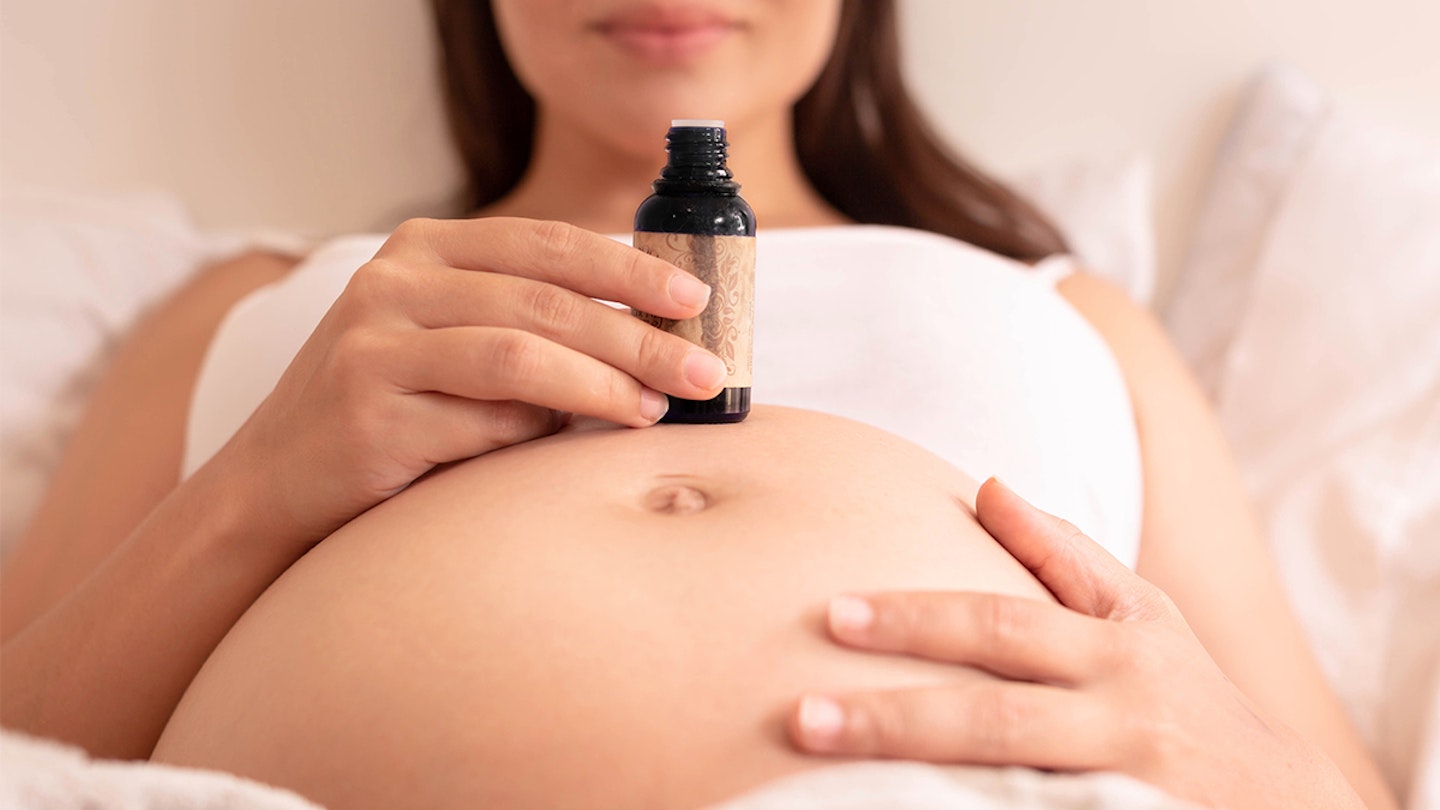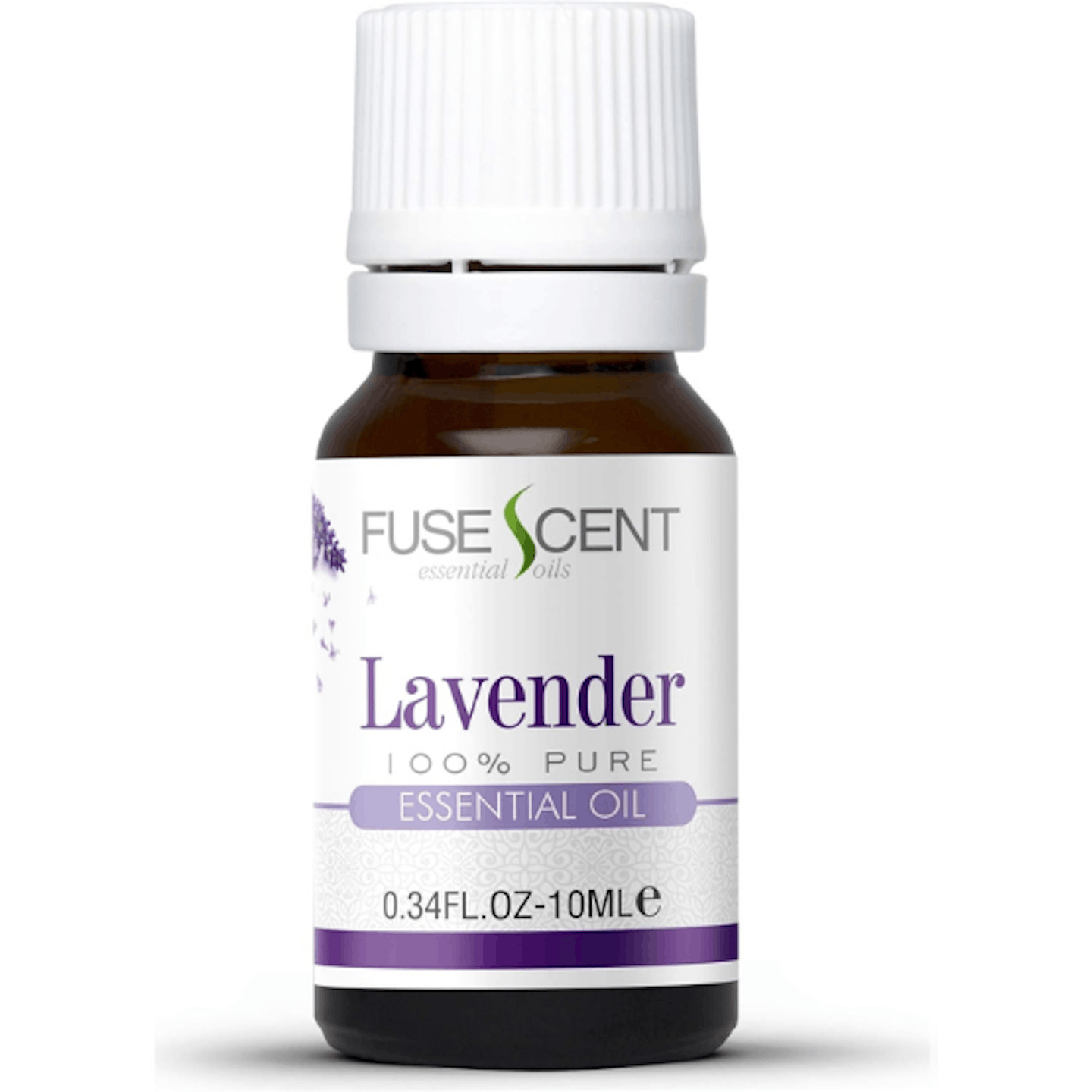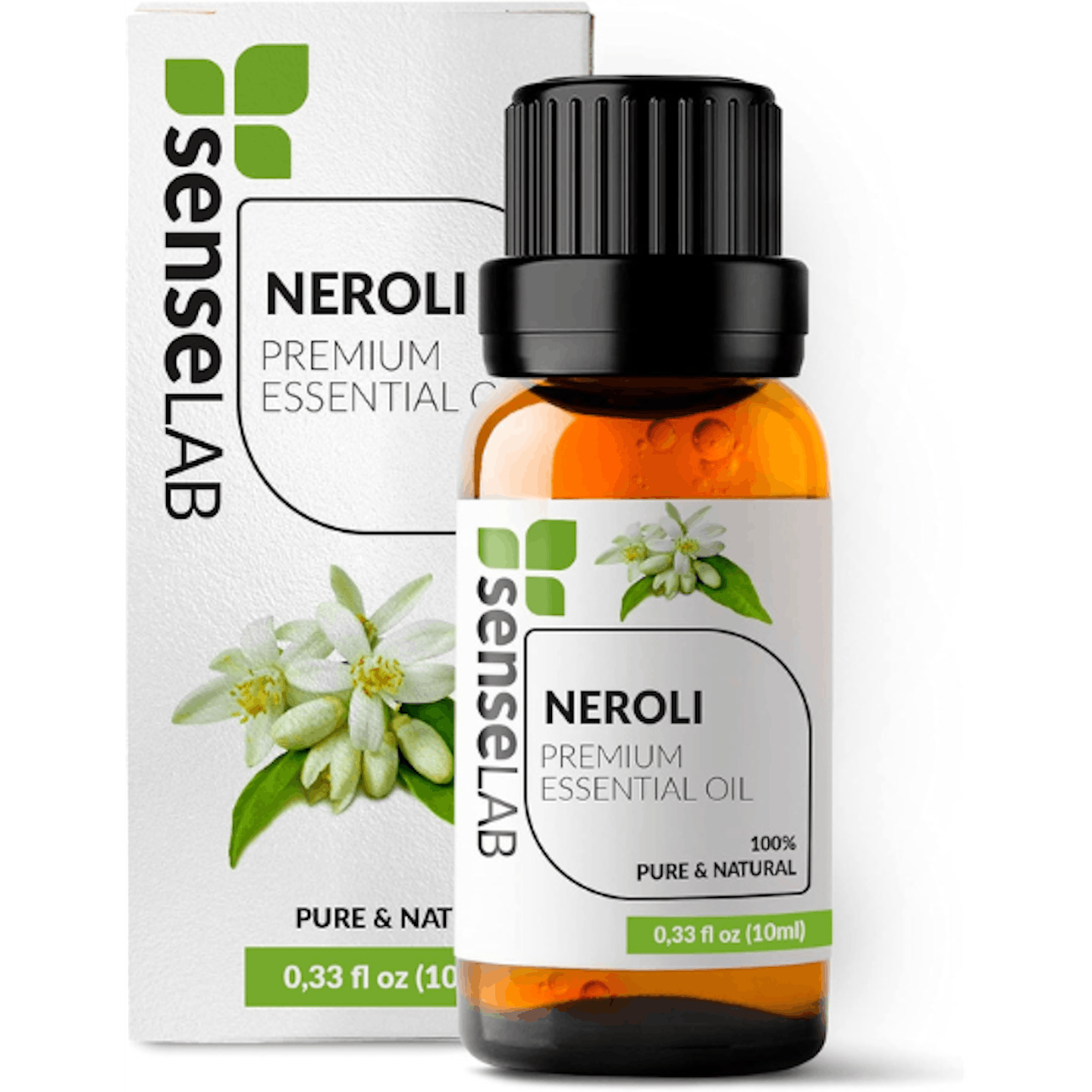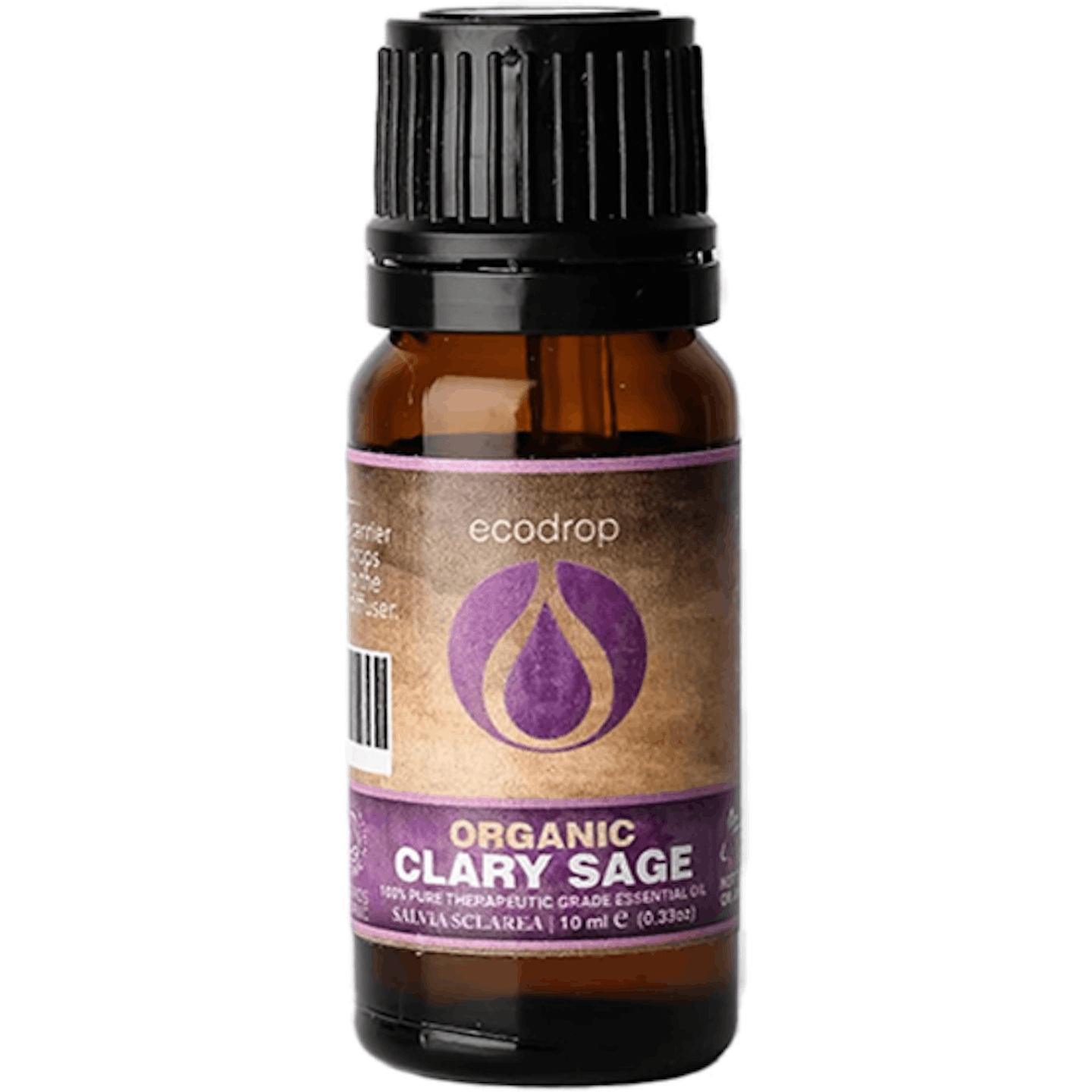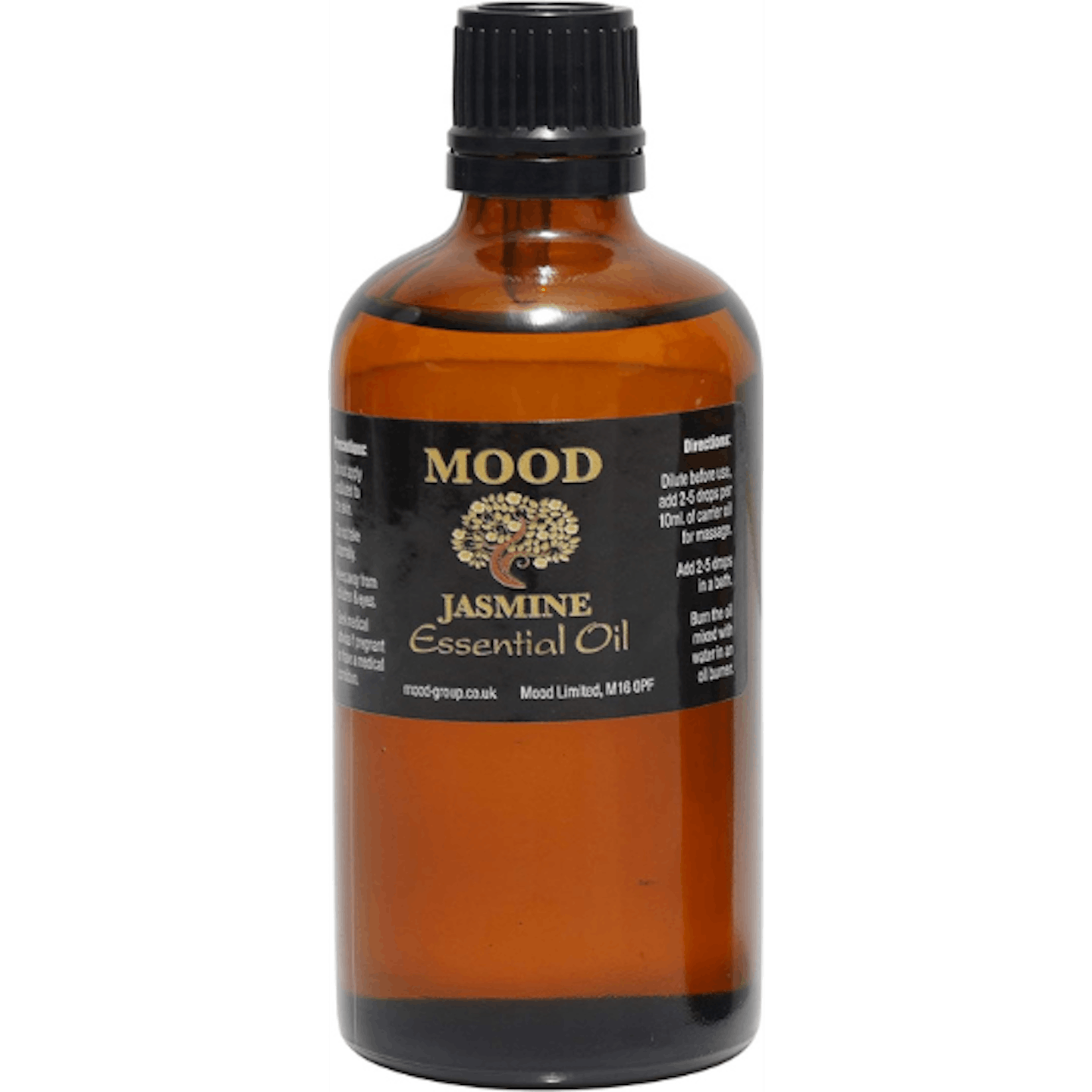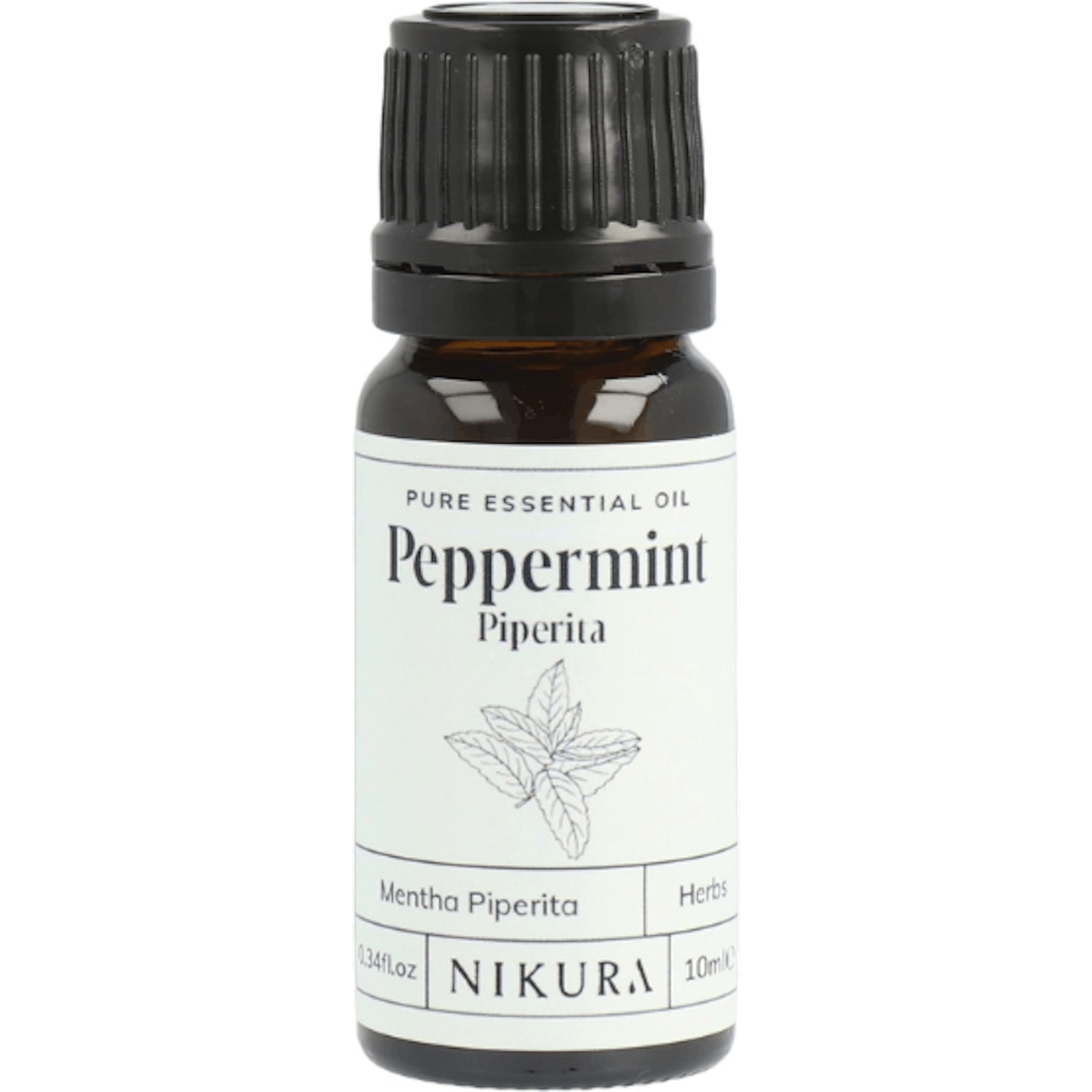Essential oils have lots of benefits during labour and you can also use essential oils through pregnancy. They can be a wonderful and natural option for mums-to-be during pregnancy, labour, birth and beyond. "Aromatherapy compliments traditional medicine and can help make labour and birth a positive experience for women," says aromatherapist and owner of Tiddley Pom Natural Baby Spa, Emma Nash.
In this guide, Emma explains how to use essential oils safely, the benefits and which you should look at buying.
When planning on using essential oils, as with any aspect of labour and birth, you should always consult your midwife or doctor first.
Can essential oils induce labour?
Essential oils can’t induce labour but they can be used to speed up the process once it has started and make the overall experience better. There are many ways to use aromatherapy during labour such as in a diffuser, on pressure points using a roller bottle, as a massage oil and even aromatherapy candles. It is important to let your midwife, doctor or doula know in advance that you want to use aromatherapy during your labour.
"I recommend to my clients who have had a straightforward pregnancy to use aromatherapy from the early stages of labour right through to the birth," says Emma. "Many of my clients start using aromatherapy in the third trimester to prepare for birth."
Are essential oils safe during labour?
"Certain oils are safe for use during labour but there are some key things to remember," warns Emma. "Firstly always refer to a list of oils not to be used. Make sure your doula and midwife know what you want to use. A diffuser is great for a home birth but if you are in a busy maternity ward this won’t be possible. Never put undiluted essential oils directly onto your skin - always dilute with a carrier oil. Finally, it’s worth bearing in mind that you might not like oils that you have previously enjoyed – labour can bring on a dislike of strong smells or tastes so listen to your body."
What are the benefits of essential oils during birth?
Using the therapeutic benefits of essential oils during birth can help:
• Calm and relax the labouring woman
• Help muscles relax
• May help reduce pain
• Help heal skin
• Help with stretch marks
• Encourage contractions
How can I use essential oils during labour?
"My preference is for the mum-to-be to use a rollerball on her pulse points (wrist, behind the ear, on the temples)," explains Emma, which can be prepared and packed in your hospital bag in advance. "The rollerball is a two per cent dilution of pure essential oil in a carrier oil such as sweet almond oil."
Using a few drops of pure essential oil in a diffuserin the labour room is a great way to inhale and exhale the mist which bestows the therapeutic benefits of the oils without having any contact with skin.
"A good quality massage oil that is specially formulated for labour can be used directly on the skin. A good shoulder and back or foot massage is a good way for a partner to get involved and support their partner and help ease the pain and anxiety she may be experiencing."
Which essential oils should I use during birth?
There are quite a few oils that are commonly used in labour and they all have individual benefits, as well as disadvantages. Choosing which one to use is a personal decision and you can even mix them together to create a bespoke therapeutic blend just for you.
Best essential oils for labour at a glance:
•Best oil for pain relief: Clary Sage
•Best oil for nausea: Peppermint
•Best oil for stress relief: Jasmine
We have rounded up some of the best essential oils for labour below to help you decide which you might like to try.
The best essential oils
1.
Lavender oil
Most relaxing essential oil
The most popular essential oil used in aromatherapy. Lavender is a calming and soothing oil. It can be used as a disinfectant, but for use in labour it is great to use it in a roller ball, diffuser or massage oil. The beautifully floral notes of Lavender oil can really help ease anxiety and stress during labour.
Review: "The fragrance is good and quite strong, but I found that I have to use quite a bit more than my usual brand. Having said that, it was quite a bit cheaper than the brand I bought originally, so even though you have to use more, this one is probably better value for money. Also, the oil comes out of the bottle much easier than the usual one I buy, which seems to take forever to drip out. Definitely worth the money.
Pros
- Multiple uses
- Great for calming
Cons
- Scent disappears a bit quickly
| Composition | 100% pure Lavandula Angustifolia buds |
| Country of origin | Romania |
| Quantity | 10ml |
- Great for easing stress
- Can be used for cleaning
- Versatile - can be used in diffusers, as a disinfectant, or in skincare
- Promotes sleep
- 100% lavender oil
2.
Neroli oil
Most soothing essential oil
From the blossom of the orange tree, this super oil is well used in all aspects of wellbeing, skin care, beauty and pregnancy aromatherapy. Neroil has a floral scent with citrusy overtones, and is a well-known de-stressing oil and soother. This oil is is made in India, but uses using Bigarade tree blossoms sourced from Morocco. Typically, a Moroccan or Tunisian oil is the best quality, it can be expensive though.
Review: "Gorgeous scent that stays on the skin and lingers all day. It works well with fractionated coconut oil as a carrier. The dropper doesn't fit properly so I have to replace it with the normal cap but that's the only flaw."
Pros
- Sourced from Moroccan blossoms
- Soothing
- No fillers, additives or artificial substances added
Cons
- An expensive oil
| Composition | 100% neroli blossom |
| Country of origin | Made in India (blossoms sourced in Morocco) |
| Quantity | 10ml |
- Soothing
- Sourced from Morocco
- Can be used in skincare and aromatherapy
Best oil for pain relief
A gentle-smelling oil which is used to help with pain relief and muscle relaxation. It can also help with nausea. This particular Clary Sage oil is sourced from France but oil from anywhere in the mediterranean, in particular Spain, is recommended. Just be careful because Clary Sage stimulates the uterus so should never be used before 37th week of pregnancy.
Review: "I love this oil, it has a really nice smell to it. I use it a lot in aromatherapy for relaxation. Would highly recommend it."
Pros
- Good for pain relief
- Stimulates the uterus
- Gentle floral, fruity scent
Cons
- Cannot use before 37 weeks of pregnancy
| Composition | 100% Clary sage oil |
| Country of origin | France |
| Quantity | 10ml |
- Provides pain relief
- Sourced from France
- Stimulates the uterus
4.
Jasmine oil
Best oil for stress relief
This beautiful oil must be used with caution during labour and birth and it should not be used in pregnancy. It is a powerful oil which relieves stress and can help ease pain. However, it can intensify contractions and help advance labour once it has begun. Ideally Indian or Egyptian Jasmine is the best to provide therapeutic benefits and this jasmine oil originates from India.
Review: "Oh my goodness this is beautiful! Extraordinarily potent, sweet mid-depth jasmine. Doesn't smell like distenfectant and the longer this oil is developing, albeit in my diffuser, I can detect some of the indoles coming through. This is a very good indicator that this is genuine and also wonderful for use in perfumery!"
Pros
- Good for stress relief and to ease pain
- Smells beautiful
- Good size bottle
Cons
- It can intensify contractions
| Composition | 100% jasmine oil |
| Country of origin | India |
| Quantity | 100ml |
- Pain and stress relief
- Beautiful floral smell
- 100% pure
Best oil for nausea
Commonly used to combat nausea, Peppermint is also a pain reliever so really a great oil to have on hand during labour. This oil is English, which is the best peppermint for therapeutic use. With a sweet, crisp scent it is a refreshing oil.
Review: "I have bought other essential oils from this brand and I am very pleased with each purchase. Very good quality and good price."
Pros
- Great for nausea
- Refreshing oil
- Sourced from the UK
Cons
- Must be diluted for contact with skin
| Composition | 100% peppermint oil |
| Country of origin | UK |
| Quantity | 10ml |
- Relieves nausea
- Provides pain relief
- 100% pure
- Sourced from the UK
6.
Rose oil
Best oil for stretch marks
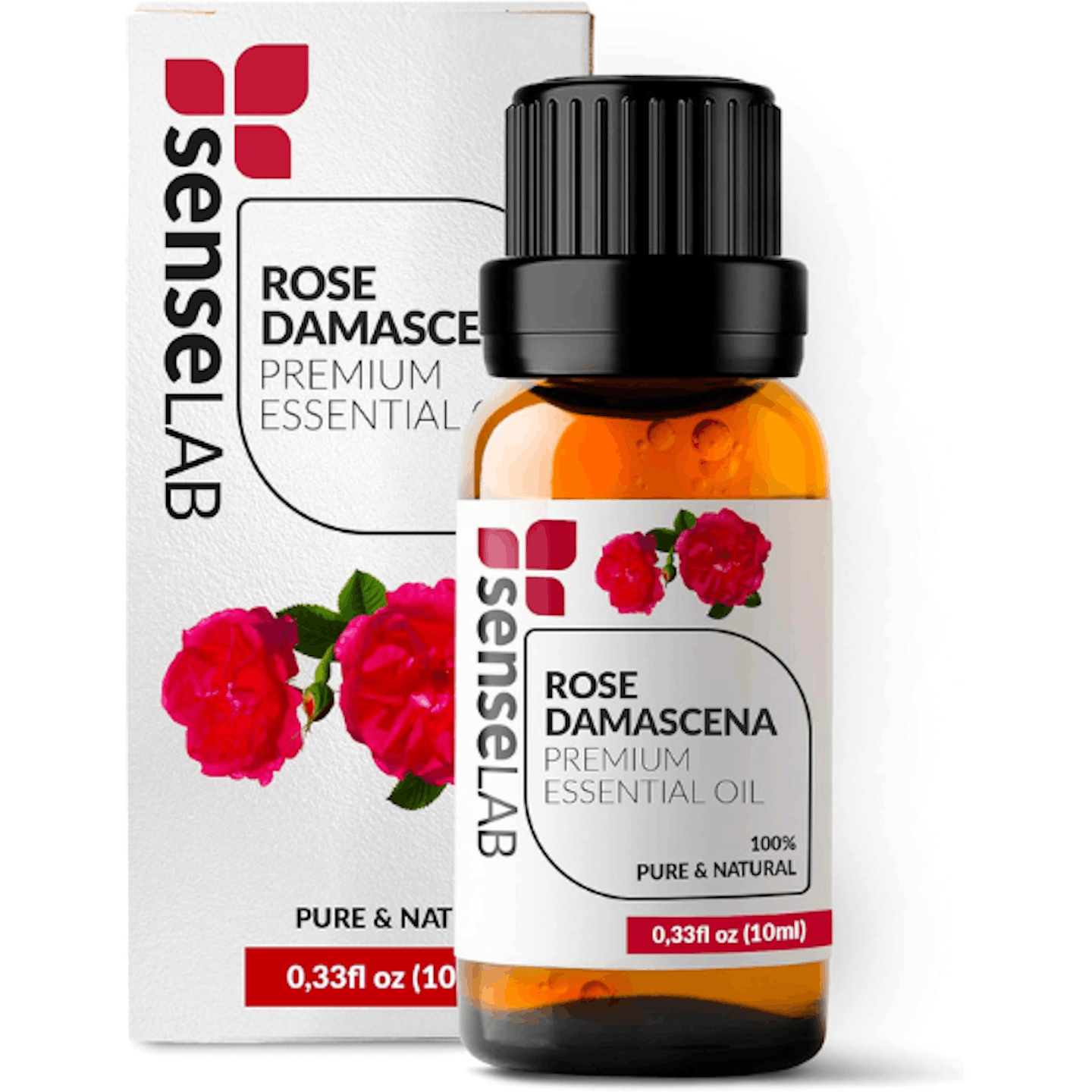
One of the most common oils used in labour, this ultimate healing oil can ease pain and speed up contractions. It also helps with anxiety and is a fabulous oil to use on stretch marks. Just to note, this oil must never ever be applied undiluted to the skin and it must be used at no more than 1% in a carrier oil. This oil is produced in India, however, it uses the petals of Rosa damascena flowers cultivated in Bulgaria and it is advised that rose from Bulgaria, Morocco or Turkey are the best oils to use.
Review: "This is real! The quality is superb. I wasn’t sure how it would smell because of the price but I’m pleasantly surprised! Classical Rosa Damascena smell which is different from Rosa Centifolia. This one is the Bulgarian Damascena no doubt about it will definitely buy again. It also stays on the skin for quite a while. I’m impressed. Wow! "
Pros
- Great for healing
- Can speed up contractions
- Helps with anxiety
- Good for stretch marks
Cons
- Strong so needs to be used with care
| Composition | 100% pure rose oil obtained through steam-distillation of rosa damascena petals |
| Origin | Bulgaria |
| Quantity | 10ml |
- 100% pure and sourced from Bulgaria
- Good for anxiety, healing and stretch marks
- Can speed up contractions
Best oil to balance hormones
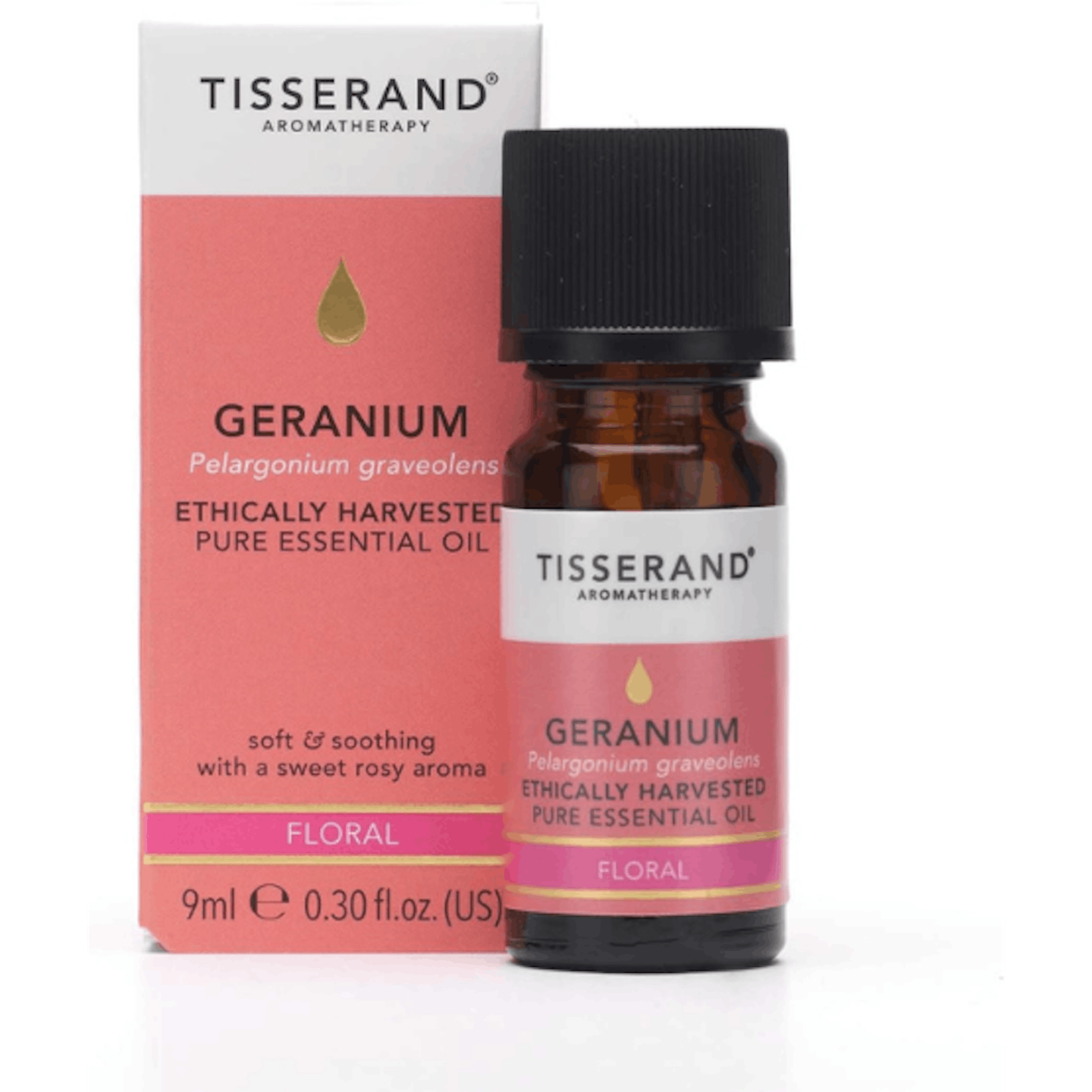
This is a love/hate oil but its therapeutic properties are undeniable. Used as a hormone balancing oil, during labour, Geranium can help speed up labour whilst adding pain relief. A rounded floral oil, it can be blended well for those who find the aroma unattractive. Best quality oil is from South Africa and Egypt, and this particular oil is from Egypt.
Review: "Excellent high quality geranium oil, probably the best I have used. I use geranium oil in massage mixes and it's also one I can use direct on my skin. Geranium is sometimes known as Rose Geranium because there is a sweet floral undertone. I believe it smells like Turkish Delight. In this example, I can also detect the green Pelargonium scent. It is great for uplifting the mood, for healing and diluted in face creams and oils and this is a beautiful example."
Pros
- Can balance hormones
- Good during labour
- Provides pain relief
- Sourced from Egypt
Cons
- The scent is not appealing to everyone
| Composition | 100% Ethically Harvested Geranium oil |
| Country of origin | Egypt |
| Quantity | 9ml |
- Sourced from Egypt
- Great during labour
- Balances hormones
Which oils should be avoided?
It is important to remember that not every essential oil is suitable for labour. There are some oils that should never be used in pregnancy, labour or birth. These include:
• Aniseed
• Sage
• Basil
• Wormwood
• Oak mass
• Tarragon
• Birch
• Hyssop
• Camphor
• Parsley
• Pennyroyal
• Tansy
• Thuja
• Wintergreen
If you are unsure about which essential oil to use or you have any concerns about existing health conditions, then speak with your midwife and get advice from an aromatherapist. Using the right essential oils can help ease anxiety and stress, as well as provide pain relief and in some instances speed up labour. You can prepare for labour by using some essential oils during pregnancy, as long as they are safe.
Emily Gilbert is the Features & Reviews Editor for Mother&Baby and has written for the website and previously the magazine for six years. Specialising in product reviews, Emily is the first to know about all the exciting new releases in the parenting industry.
